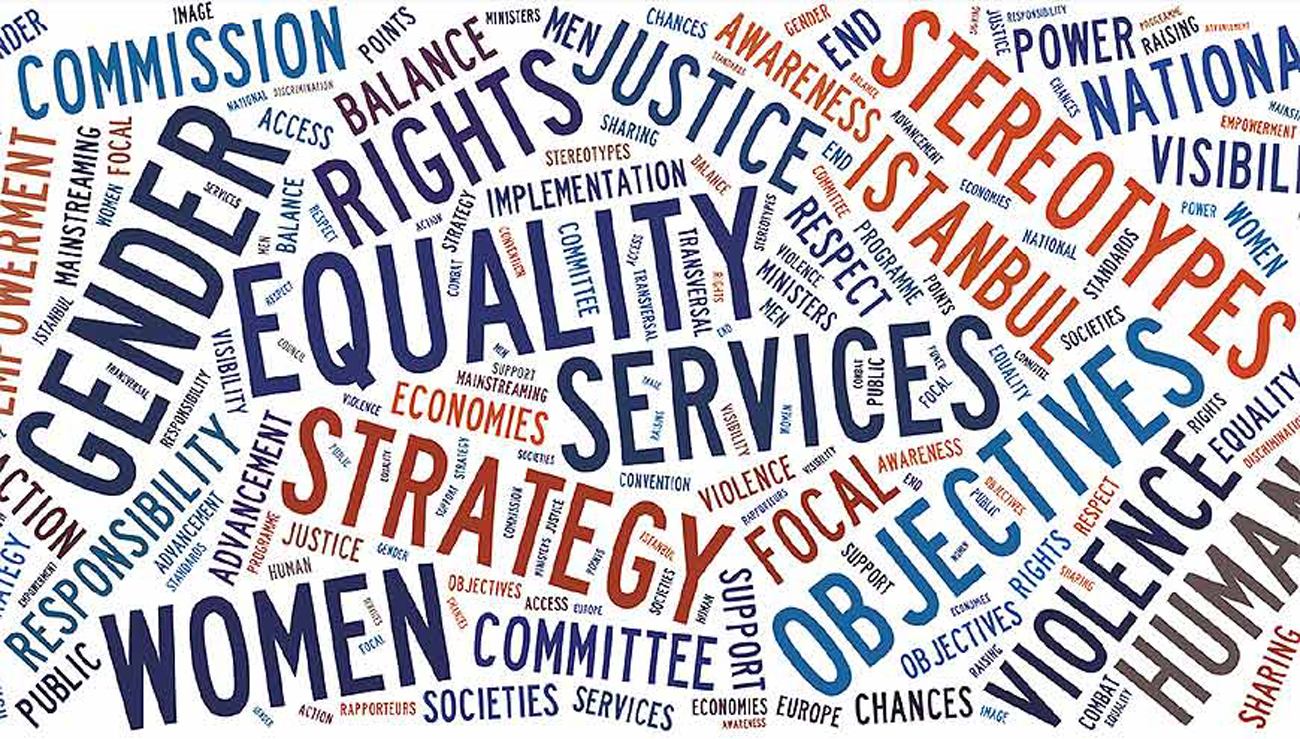
Institutional and Gender Differences on Job Stress among Teachers at Secondary Stage
Abstract:
Present study intends to study the level of job stress among the secondary school teachers in hoshiarpur district. 2×2 factorial design has been employed on the scores of various dimensions of job stress between male and female government and private school teachers. In total the sample comprised of 200 teachers from schools situated in urban and rural settings of the district. The findings of the study revealed that (a) secondary schools teachers serving in government and private schools exhibit similar job stress, (b) male teachers working in secondary schools felt more job stress than female teachers; (c) males are not able to develop good interpersonal relationships; and (d) females were found working without any motive resulting in experiencing more job stress.
Author(s):
Vijay Kumar, Lovely School of Education, Lovely Professional university, Phagwara, Punajb, India-144008
DOI:
Keywords:
References:
Akinboye, J.O., Akinboye, D.O. & Adeyemo, D.a. (2002). Coping with Stress in Life and Workplace., Stirling-Horden Publishers (Nig.) Ltd.
Anastasi, a. (1970). Psychological Testing. London: The McMillan Company.
Association of University Teachers. (AUT) (1990). Goodwill under Stress: morale in UK universities. London: AUT.
Borg, m.G., riding, r.j., & Falzon, j.m. (1991). Stress and its determinants, Job Satisfaction and Career Commitment among primary school teachers. Educational Psychologist, 11(1), 59-75.
Boyd, S. & Wylie, C. (1994). Workload and Stress in New Zealand universities. Auckland, New Zealand: New Zealand Council for Educational research and the association of University Staff of New Zealand.
Cox. T. (1978). Stress. Basingstoke: Macmillan Education.
Dhingra, N. (2005). a Study on Emotional Intelligence in relation to Stress at Secondary Stage. a Dissertation Submitted to Guru Nanak Dev University, Amritsar.
French, r.B. (1997). The teacher as container of anxiety: Psychoanalysis and the role of the teacher. journal of Management Education. 21(4), 483-495.
Heller, H.W., Clay, R.J., & Perkins, C.m. (1992). Factors related to teacher job satisfaction. ErS Spectrum, 10 (1), 20-25.
Kaplan, S. Leslie (1990). Helping gifted students with stress management. ErIC EC digest # E 488, ED 321493. retrieved from www.eric.ed.gov.
Kyriacou, C. (2000). Stress-busting for teachers. Cheltenham: Nelson Thornes.
Lazarus, r. S. (1966). Psychological stress and the coping process. New York: Mc Graw-Hill.
Lazarus, r.S. (1993). Coping theory and research: Past, present and future. Psychosomatic Medicine, 55, 234-247.
Mahakud, G. C. & Bajaj, D. (2014). Organizational role Stress and Burnout among Government and Private School Teachers in Delhi City: a Comparative Study. International Journal of Education and Psychological Research (IJEPR), 3 (2), June 2014.
Monk, C., Fifer, W., Myers, M., Sloan, R., Trien, L., & Hurtado, a. (2000). maternal Stress responses and anxiety during Pregnancy: Effects on Fetal Heart rate. Developmental Psychology, 36 (1), 67-77.
Okebukola, P. a., & Jegede, O. J. (1989). Determinants of occupational stress among teachers in Nigeria. Educational Studies, 15 (1), 23-36.
Palmers, S. (1989). Occupational Stress. The health and Safety Practitioners, 7, 16-18. retrieved from http://www.ncbi.nlm.nih.gov/pmc/articles/PmC3185238.
Pierce, m. B. C. & Malloy, G. N. (1990). relationship between school type, occupational stress, role perceptions and social support. Australian Journal of Education, 34(3), 330-38. retrieved from http://www.aare.edu.au/data/publications/1995/monfm95162.pdf.
Schein, E. H. (1992). Organizational culture and leadership. San Francisco: Jossey Bass.
Selye, H. (1977). How to master Stress. Parents, 25 (November), 34-35.
Smith. m. & Bourke, S. (1992). Teacher Stress: Examining a model based on context, workload and satisfaction. Teacher and Teacher Education, 8(1), 21-46.
Srivastava, a. K., & Singh, H. S. (1988). modifying effects of coping strategies on the relation of organizational stress and mental health. Psychological Reports, 62, 1107-1109.
Stevens, S. j., Murphy, B. S., & McKnight, K. (2003). Traumatic stress and gender differences in relationship to substance abuse, mental health, physical health, and HIV risk behavior in a sample of adolescents enrolled in drug treatment. Child Maltreatment, 1(12), 46-57. retrieved from http://www.sagepub.com/stohrstudy/articles/10/ruiz.pdf.
Trades union Congress (1996). National Survey of Health and Safety representatives. London: TuC.
Travers, C. & Cooper, C. (1991). Psychological responses to Teacher Stress. European Review of Applied Psychology, 44, 137-148.
Trendall, J.C. (1989). Stress in learning and teacher effectiveness: a study of teachers across mainstream and special education. Educational research, 31, 52-58. retrieved from http://www.researchgate.net/profile/Oi_Siu/publication/234621490.

